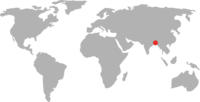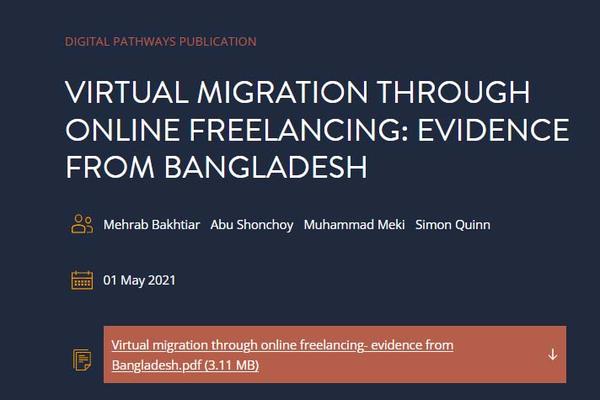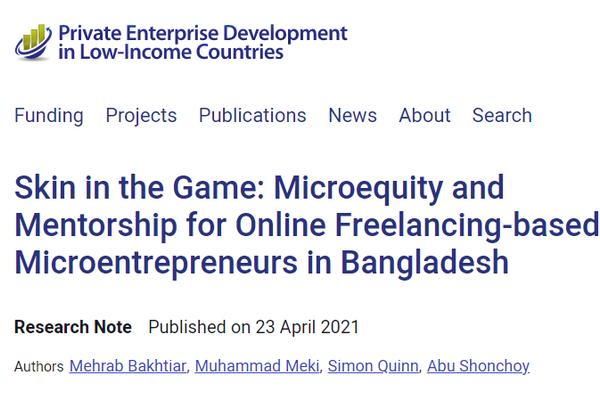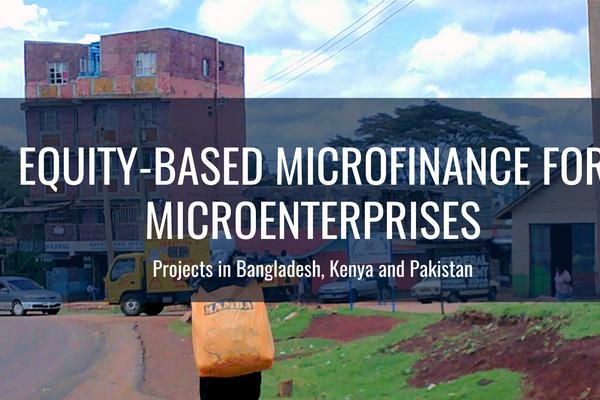FINANCING VIRTUAL MIGRATION: FREELANCING AND INCOME-SHARING IN BANGLADESH
OUR AIMS
Physical migration out of rural areas is not always a viable option for many young people in low-income countries, often due to limited urban job opportunities and family obligations. The spatial disparity in opportunities can exacerbate the incidence of youth unemployment and poverty, particularly in regions that are not well connected with large urban markets. For example, most of the jobs in the ready-made garment sector – widely considered as the main driver of growth and employment in Bangladesh – are concentrated in Dhaka and in the port city of Chittagong. The poorest regions in Bangladesh, such as the northern district of Rangpur – where we implemented this project work – have the lowest participation rate for workers in the garment sector.
In this project, the research team investigate the feasibility of ‘virtual migration’, by training rural youth in Bangladesh to become online freelancers, enabling them to export their labour services to a global online marketplace. Online freelancing platforms provide opportunities for skilled and semi-skilled freelancers from developing countries to earn internationally competitive wages and gain valuable work experience. Such work also provides employment opportunities for those who are often discriminated against, – for example, women and individuals with physical disabilities. Working online in marketing and communications, these employees can earn a competitive wage in a market where success is primarily a function of the quality of one’s work portfolio. Online work can be very profitable for low-income individuals, but training programmes are often very expensive.
ABOUT THE PROJECT
The first phase of the project includes an initial pilot, where the research team set up a ‘freelancing incubator’, which provides the necessary workspace and infrastructure – specifically, high-speed internet connectivity and computers. The team then provide a ‘theory only’ programme: a detailed training course providing participants with the technical skills required to conduct online freelancing work.
In a second wave of the project, the team decided to include a post-training internship with trainers providing additional support to the students in navigating the online marketplace, building up online profiles (for example, by taking part in ‘contests’ to demonstrate their skills) and in securing jobs.
In the final stages of the project, the team returned two years later to explore longer-term outcomes of the participants. The next phase will include partnering with Sarah Institute of eGeneration, who are a large, reputable ‘virtual exporter’ that sources work globally, and then hires students to complete the work.
RESULTS
With the help of local research collaboration partners, as well as the large ICT company Creative Institute, the research team began the pilot project in January 2018, implementing it in two waves.
During the first wave (‘theory only’ programme), the researchers observed that while the students were indeed acquiring some useful technical skills (specifically in graphic design), their communication and marketing skills were likely to inhibit their ability to succeed in the competitive online marketplace. Therefore, in the second wave, the research team decided to include a post-training internship, with trainers providing additional support to the students in navigating the online marketplace.
The initial findings suggest that online work has exciting potential, but the transition from freelancing student to income-earner is not smooth – it requires financing the significant training programme cost, it takes time to bear fruit (with a large proportion of people not succeeding in earning), and there are a number of constraints. This study demonstrated strong technical skill acquisition, but significant challenges from lack of communication skills (particularly in terms of English language and marketing skills) and lack of infrastructure (an appropriate work environment, reliable electricity, and high-speed internet). The team managed to overcome some of these constraints by establishing a ‘freelancing incubator’, which provided the necessary workspace and infrastructure, as well as the required mentoring to assist in navigating the competitive online marketplace and building a reputation.
Moving forward, the team believe that there is potential for many young rural poor to earn income from online work, but more research is needed on how to overcome the significant barriers in terms of financing constraints, soft skill requirements, and more structural challenges such as access to the necessary infrastructure. The researchers found some promise in the implementation of income-sharing contracts, but making these more financially feasible for the capital provider would require a larger number of students to earn income from such programmes. It would also involve overcoming the significant monitoring challenges to implementing performance-contingent repayments.
What’s next?
The team are currently conducting more research on this, partnering with the Sarah Institute of eGeneration, who are a large, reputable ‘virtual exporter’ that sources work globally, and then hires students to complete the work.









